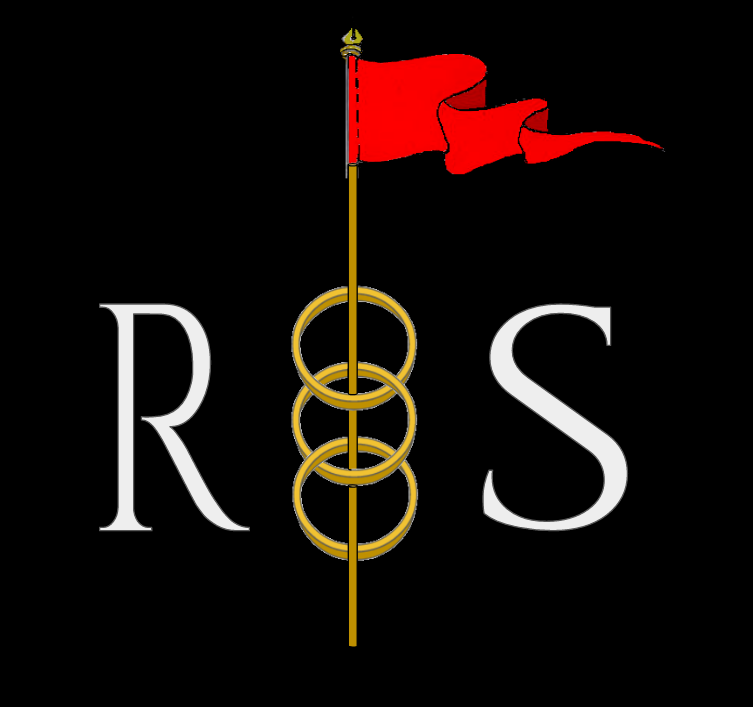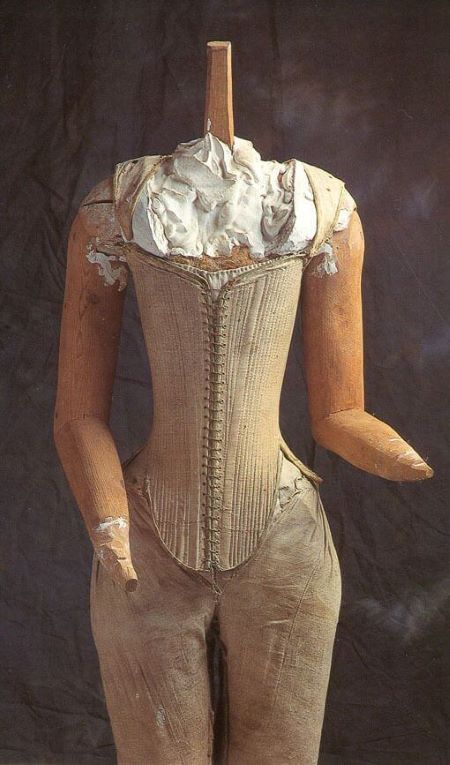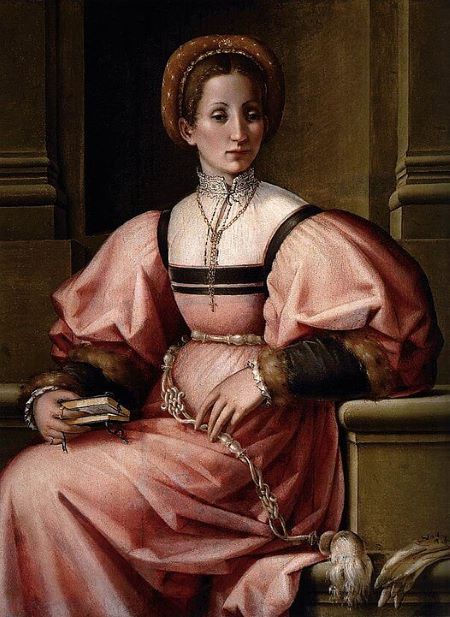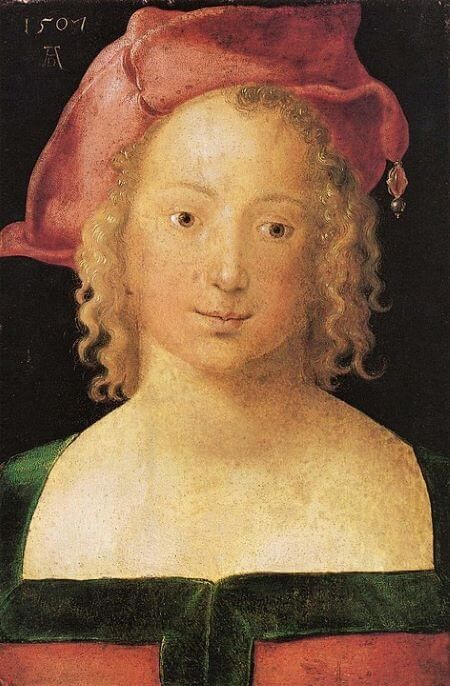The Writer’s Guide to 1500-1550 Women’s Fashion


Today I will be take a closer look at the styles women were wearing in Europe during the first half of the 16th century. Most of the trendsetters were men such as England’s Henry VIII, France’s Francis I, and the Holy Roman Emperor Charles V.
If you want the basics of 16th century fashion please check out my previous post, The Writer’s Guide to 16th Century Fashion.
Underwear
The base layer for all social classes was still the linen chemise with full long sleeves. The style of the upper class was to gather the volume into a neckband, often with a ruffle. Over this was worn the kirtle but it was changed from the previous century with the addition of boning in the torso that provided support and a smooth silhouette for the gown to go over. It also had the addition of a waist seam, allowing for a fuller skirt. Stockings were worn, kept up by a ribbon or woven garter tied below the knee, and shoes were flat.
Starting in the 1530’s, the pair of bodies was introduced. It was a garment usually boned with reed, the ancestor of the 18th century stays and 19th century corset. It laced in the front and back, which is why it’s called a pair since there were two pieces.

National Dress
German fashions were colorful with large amounts of embellishment. The dresses were low cut and open fronted, lacing over the kirtle. The skirts were later decorated with bands of contrasting fabric, which was often embellished or slashed.
The style of Holland, Belgium, Flanders, and Italy retained the high waisted silhouette of the previous century.
The Spanish style was austere and heavily used black and was also increasingly using the Spanish farthingale, a boned skirt that was the ancestor of the hoop skirt. This style displayed the front of the kirtle, which was heavily decorated. Later, an under skirt would replace the kirtle as the pair of bodies came into use. The portion that would be seen in the front was embellished heavily while the rest of the skirt hidden under the outer skirt was left plain as a cost-saving measure.
The English and French fashions began following the Spanish lead, adopting the farthingale. These gowns often had a low square neckline, usually filled in with the chemise or a partlet, a small garment that covered only the chest and shoulders. The English favored wide turned-back sleeves, a fashion that is heavily linked with Anne Boleyn. [1]



Headwear and Hair Styles
French hoods, a stiff arched hat that sat back on the head with a veil draping from it, were the most popular headdresses among the upper class although the gable hood was worn frequently in England. However, there were a variety of other styles such as the German barett and cauls, made of a netted cord over a silk lining gathering into a headband. In warmer climates, such as Italy and Spain, hair was worn uncovered and often twisted or braided up in elaborate styles.
To achieve the fashionable light hair, women would apply a mixture of lemon juice, alum, and white wine to their hair and sit in the sun. They would curl it by saturating it with gum Arabic or beer and wrapping it around clay curlers. [2]


Make-Up and Jewelry
Cosmetics were used by upper class women to achieve the beauty ideal of pale unblemished skin, red lips, and light-colored hair. Some of the substances used to whiten the skin were toxic such as mercury, alum, and ceruse (derived from lead) but nontoxic alternatives did exist with ingredients such as olive oil, lemon juice, eggs, and rosewater. Red pigment for the lips and cheeks was achieved by vermilion, a mixture of ceruse and henna and cochineal (a powder of insect shells).
Jewelry for the upper class was sumptuous and elaborate and included necklaces, rings, pins, brooches, earrings, and bracelets.
I hope this was helpful. Let me know if you have any questions or suggestions by using the Contact Me form on my website or writing a comment. I post every Friday and would be grateful if you would share my content.
If you want my blog delivered straight to your inbox every month along with exclusive content and giveaways please sign up for my email list here.
Let’s get writing!
Copyright © 2021 Rebecca Shedd. All rights reserved.
[1] https://en.wikipedia.org/wiki/1500%E2%80%931550_in_Western_European_fashion [2] Ribeiro, Aileen (2011). Facing Beauty: Painted Women & Cosmetic Art. New Haven and London: Yale University Press. pp. 60–124.
bookmarked!!, I really like your blog!
LikeLike
Thank you very much, Cary! Please keep coming back. I post new content every Friday morning.
LikeLike
Keep up the great piece of work, I read few posts on this website and I think that your web blog is real interesting and holds sets of wonderful information.
LikeLike
Hello there, You have done an excellent job. I will definitely digg it and in my view recommend to my friends. I’m confident they’ll be benefited from this web site.
LikeLike
Undeniably consider that that you stated. Your favourite reason seemed to be at the net the easiest thing to remember of. I say to you, I certainly get irked whilst folks consider issues that they plainly do not know about. You controlled to hit the nail upon the top and also outlined out the entire thing without having side-effects , people can take a signal. Will probably be back to get more. Thanks
LikeLike
you’re truly a good webmaster. The web site loading speed is incredible. It sort of feels that you are doing any distinctive trick. Furthermore, The contents are masterwork. you’ve done a magnificent job in this matter!
LikeLike
Great blog right here! Additionally your website a lot up fast! What web host are you the usage of? Can I get your associate link in your host? I desire my website loaded up as fast as yours lol
LikeLike
Pretty nice post. I just stumbled upon your blog and wanted to say that I have truly enjoyed browsing your blog posts. In any case I?ll be subscribing to your feed and I hope you write again very soon!
LikeLike
I will immediately seize your rss feed as I can not in finding your e-mail subscription link or e-newsletter service. Do you have any? Kindly permit me recognise in order that I could subscribe. Thanks.
LikeLike
Hello, Neat post. There’s an issue together with your site in internet explorer, may test this? IE still is the marketplace chief and a good element of other people will omit your fantastic writing due to this problem.
LikeLike